Energy bills: what to expect this winter
Gordon Brown calls for an emergency budget to tackle spiralling living costs
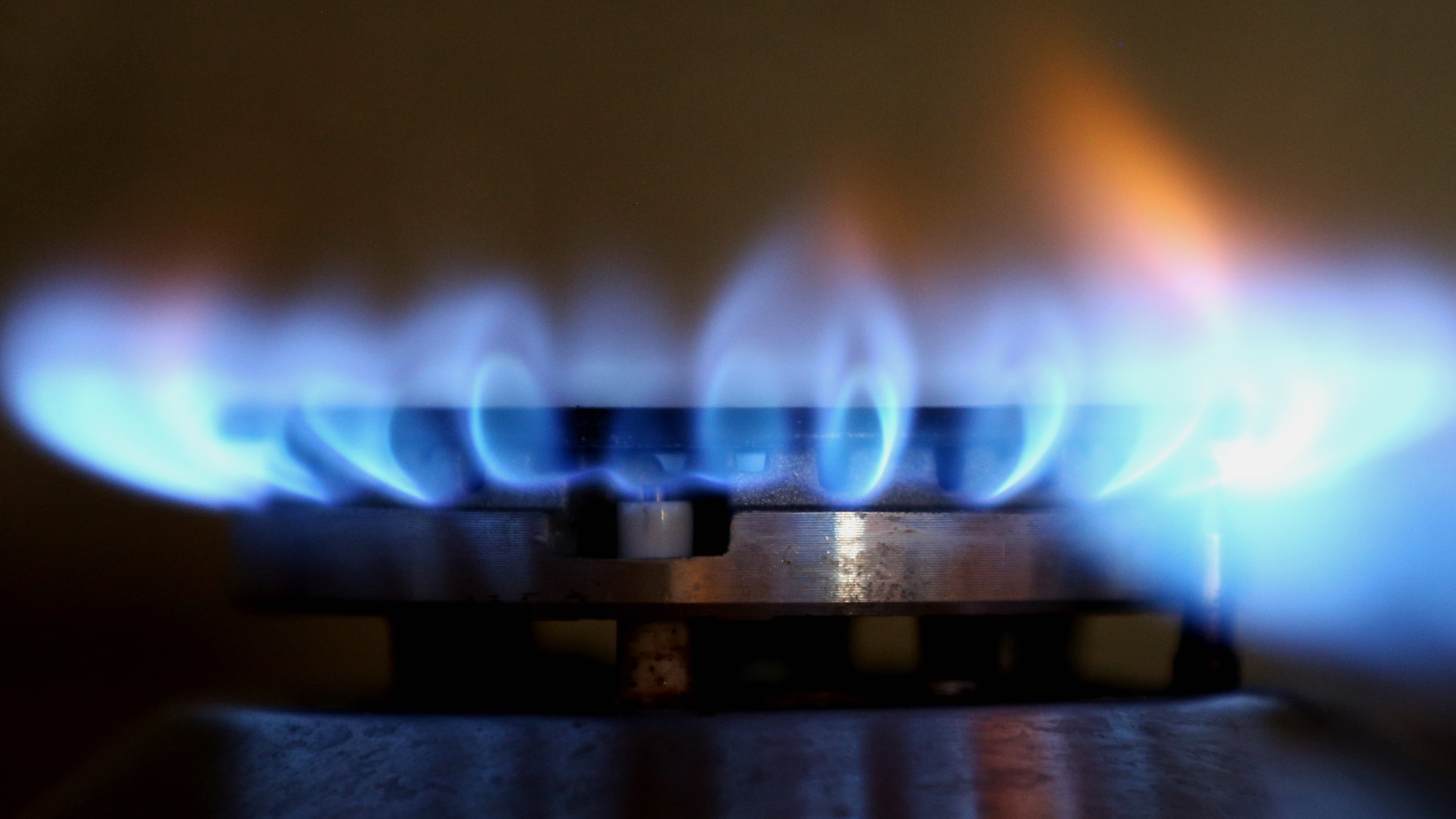
A free daily email with the biggest news stories of the day – and the best features from TheWeek.com
You are now subscribed
Your newsletter sign-up was successful
Boris Johnson and Tory leadership candidates should tackle the cost-of-living crisis with an emergency budget or risk condemning millions “to a winter of dire poverty”, Gordon Brown has warned.
Writing in The Observer yesterday, the former prime minister and chancellor said that “a financial timebomb” was set to “explode” in October as fuel prices are set to rise for the second time in just six months.
He called on outgoing prime minister Johnson, as well as leadership hopefuls Rishi Sunak and Liz Truss, to agree on an emergency budget this week and said Parliament should be recalled if they failed to do so.
The Week
Escape your echo chamber. Get the facts behind the news, plus analysis from multiple perspectives.

Sign up for The Week's Free Newsletters
From our morning news briefing to a weekly Good News Newsletter, get the best of The Week delivered directly to your inbox.
From our morning news briefing to a weekly Good News Newsletter, get the best of The Week delivered directly to your inbox.
The two candidates have “resorted to claiming the moral high ground” over debt and taxes, but “there is nothing moral about indifferent leaders condemning millions of vulnerable and blameless children and pensioners to a winter of dire poverty”, he said.
How high will energy bills go?
Brown’s comments come on the heels of a dire forecast from the Bank of England last week that inflation could soar as high as 13% in October – far higher than the 2% inflation the central bank is mandated to maintain.
It also comes amid predictions that “typical household energy bills will hit more than £3,600 a year this winter”, said the BBC, rising from an average of £1,400 a year in October 2021. It is a figure “about £550 higher than the regulator predicted in May”, when the government last announced a support package to help households contend with bill rises, said Politico’s London Playbook,
How could households be impacted?
In what could be a warning sign of a worsening crisis to come, The Guardian reported that more than half of Britons are already “cutting back on their gas and electricity usage at home due to the worsening cost-of-living crisis”, as rising costs hit vulnerable groups such as pensioners and the disabled the hardest.
A free daily email with the biggest news stories of the day – and the best features from TheWeek.com
An estimated 24 million people in Britain used less gas and electricity between 30 March and 19 June, according to Office for National Statistics (ONS).
Charities have also warned that “the magnitude of bill increases” mean many lower-income households will have to choose “between eating and heating their homes this winter”, said The Guardian.
And the raft of support packages offered by the government is unlikely to be enough to bridge the gap left by rising costs. A report commissioned by Brown and carried out by Professor Donald Hirsch at Loughborough University, found that the support offered to low-income households will not offset the losses they face amid the cost-of-living crisis, with some families up to £1,600 worse off a year.
The report found that the additional £1,200 offered to the poorest in society cannot compensate for the “three blows” to household income from October 2021 to October 2022, namely the loss of the £20-a-week benefits uplift, an annual uprating out of line with inflation forecasts, and a jump in the energy cap. This means that the worst-off households cannot bridge the gap, according to the report’s analysis.
What can be done?
The government has pointed to the additional support it is offering to households throughout the year, worth some £37bn, but has reiterated that Johnson has “made clear” that any “major fiscal decisions should be left for the next PM”, said London Playbook
In an interview with the Financial Times, Conservative leadership contest frontrunner Truss said: “Of course I will look at what more can be done. But the way I would do things is in a Conservative way of lowering the tax burden, not giving out handouts.”
Leadership rival Sunak hit back at the comments, saying it was “simply wrong to rule out further direct support” for struggling households this winter, but Truss backer Penny Mordaunt claimed he had “misinterpreted” her comments.
A range of suggestions to tackle the cost-of-living crisis has been discussed by experts in recent weeks, said The Guardian's economic editor Phillip Inman. Options could include lowering the energy price cap, implementing a bigger windfall tax than the one introduced by Sunak as chancellor, introducing more generous benefits, and capping wages in the City in order to stave off a wage-price spiral.
Amid the growing energy crisis, support for Don't Pay UK, a campaign calling for a million households to cancel their energy bills amid surging costs, has gained rapid support. But charities and legal experts have warned the non-payment of fuel bills could have “disastrous” financial and legal consequences, reported The Big Issue.
Sorcha Bradley is a writer at The Week and a regular on “The Week Unwrapped” podcast. She worked at The Week magazine for a year and a half before taking up her current role with the digital team, where she mostly covers UK current affairs and politics. Before joining The Week, Sorcha worked at slow-news start-up Tortoise Media. She has also written for Sky News, The Sunday Times, the London Evening Standard and Grazia magazine, among other publications. She has a master’s in newspaper journalism from City, University of London, where she specialised in political journalism.
-
 The 8 best TV shows of the 1960s
The 8 best TV shows of the 1960sThe standout shows of this decade take viewers from outer space to the Wild West
-
 Microdramas are booming
Microdramas are boomingUnder the radar Scroll to watch a whole movie
-
 The Olympic timekeepers keeping the Games on track
The Olympic timekeepers keeping the Games on trackUnder the Radar Swiss watchmaking giant Omega has been at the finish line of every Olympic Games for nearly 100 years
-
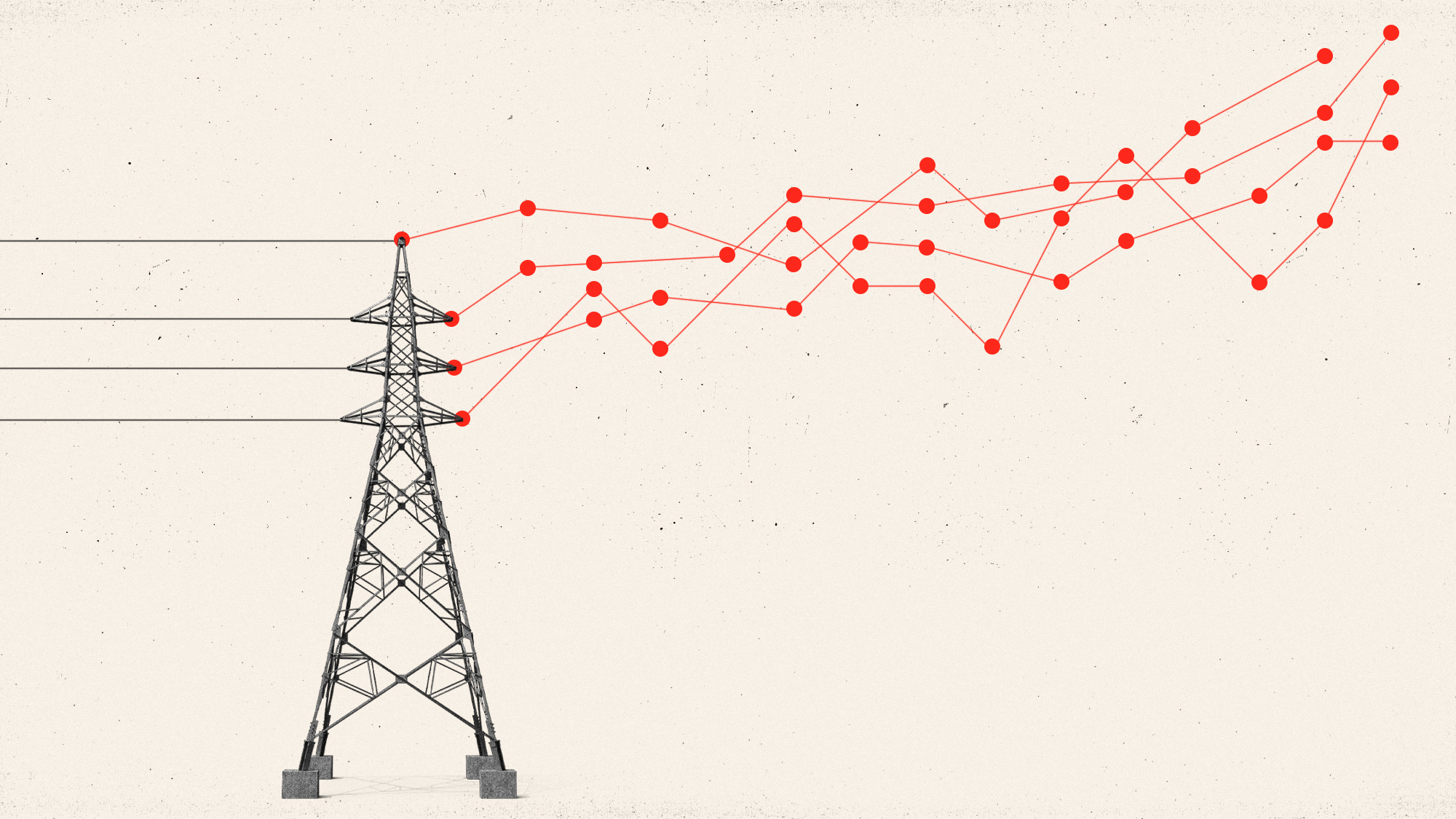 Why are electric bills rising so fast?
Why are electric bills rising so fast?Today's Big Question Data centers for artificial intelligence and the cost of natural gas both contribute
-
 How could stock market slides affect you?
How could stock market slides affect you?Today's Big Question Pensions, prices and jobs at risk as Donald Trump's 'Liberation Day' measures take hold
-
 Why Spain's economy is booming
Why Spain's economy is boomingThe Explainer Immigration, tourism and cheap energy driving best growth figures in Europe
-
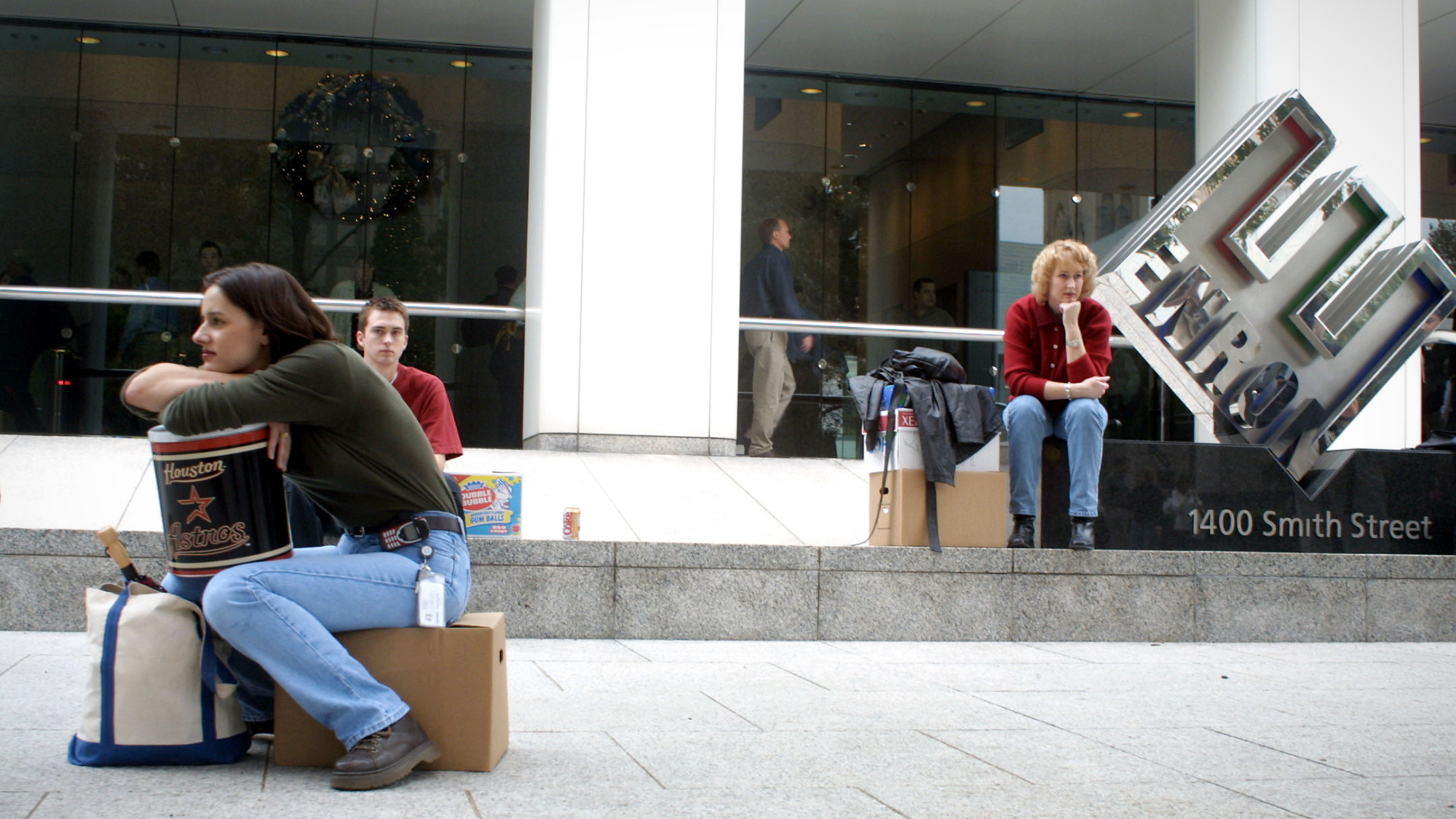 Enron mystery: 'sick joke' or serious revival?
Enron mystery: 'sick joke' or serious revival?Speed Read 23 years after its bankruptcy filing, the Texas energy firm has announced its resurrection
-
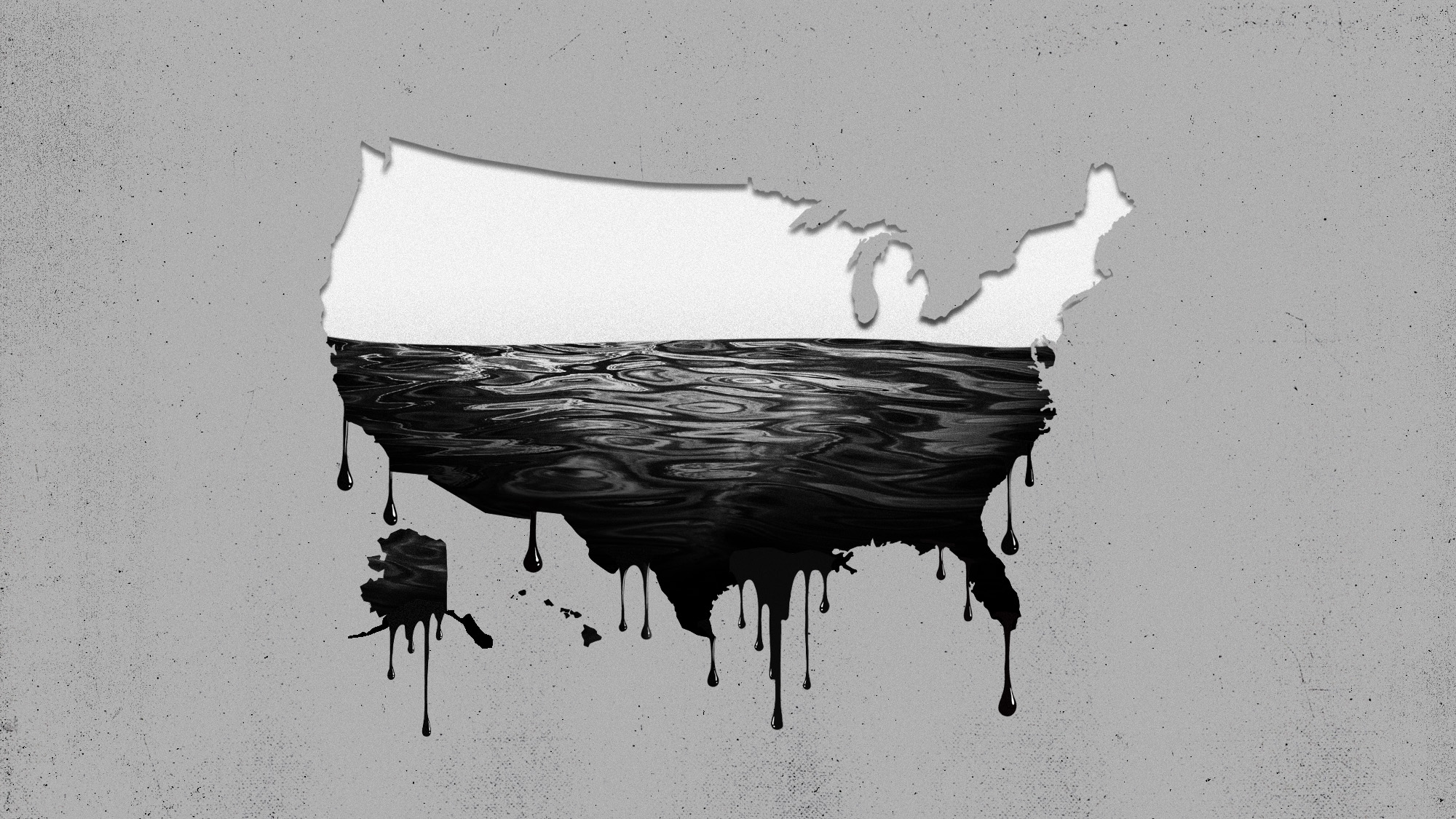 Big Oil doesn't need to 'drill, baby, drill'
Big Oil doesn't need to 'drill, baby, drill'In the Spotlight Trump wants to expand production. Oil companies already have record output.
-
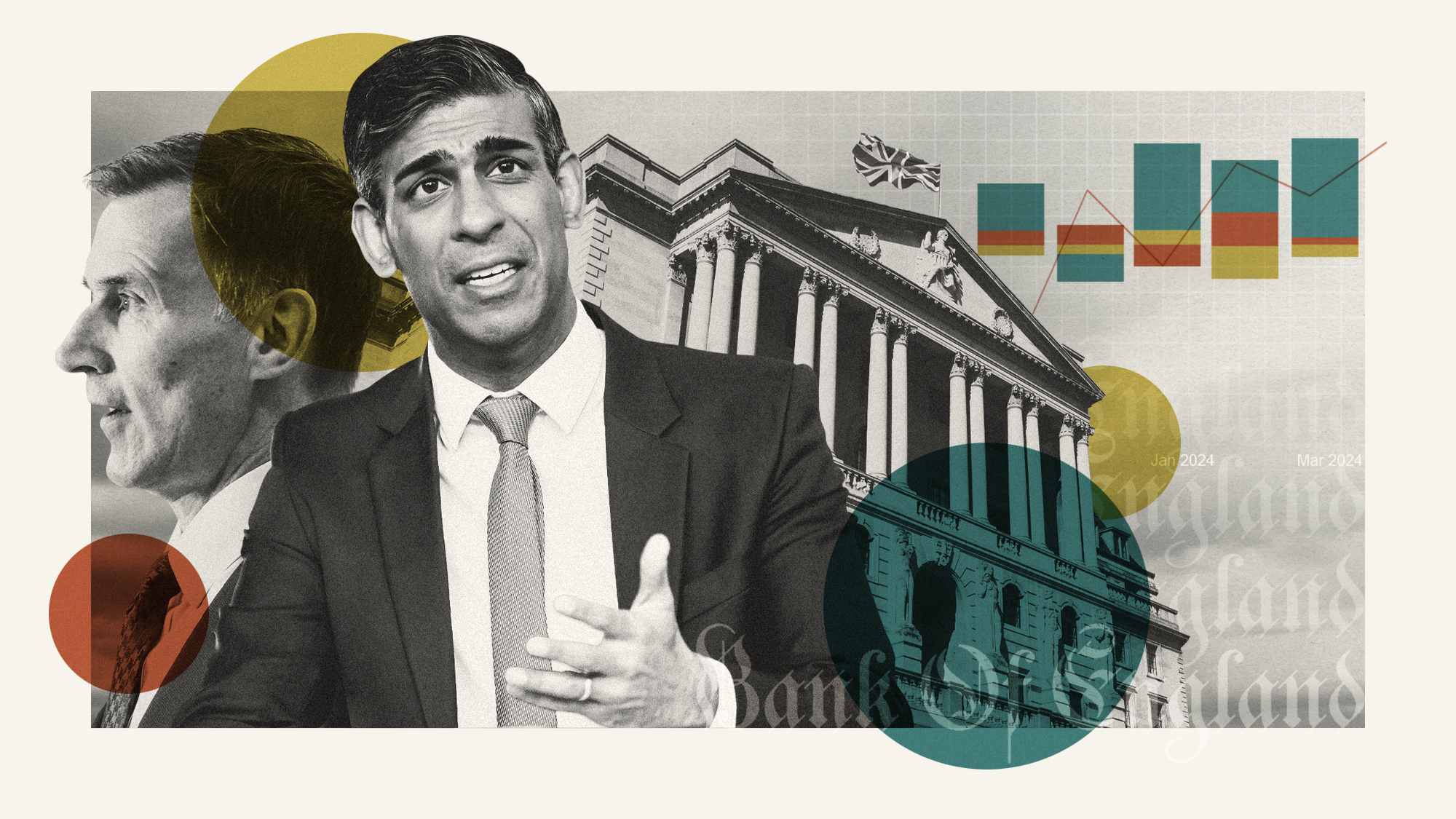 Is the UK economy returning to normal?
Is the UK economy returning to normal?Today's Big Question Tories claim UK has 'turned a corner' while Labour accuses government of 'gaslighting' public
-
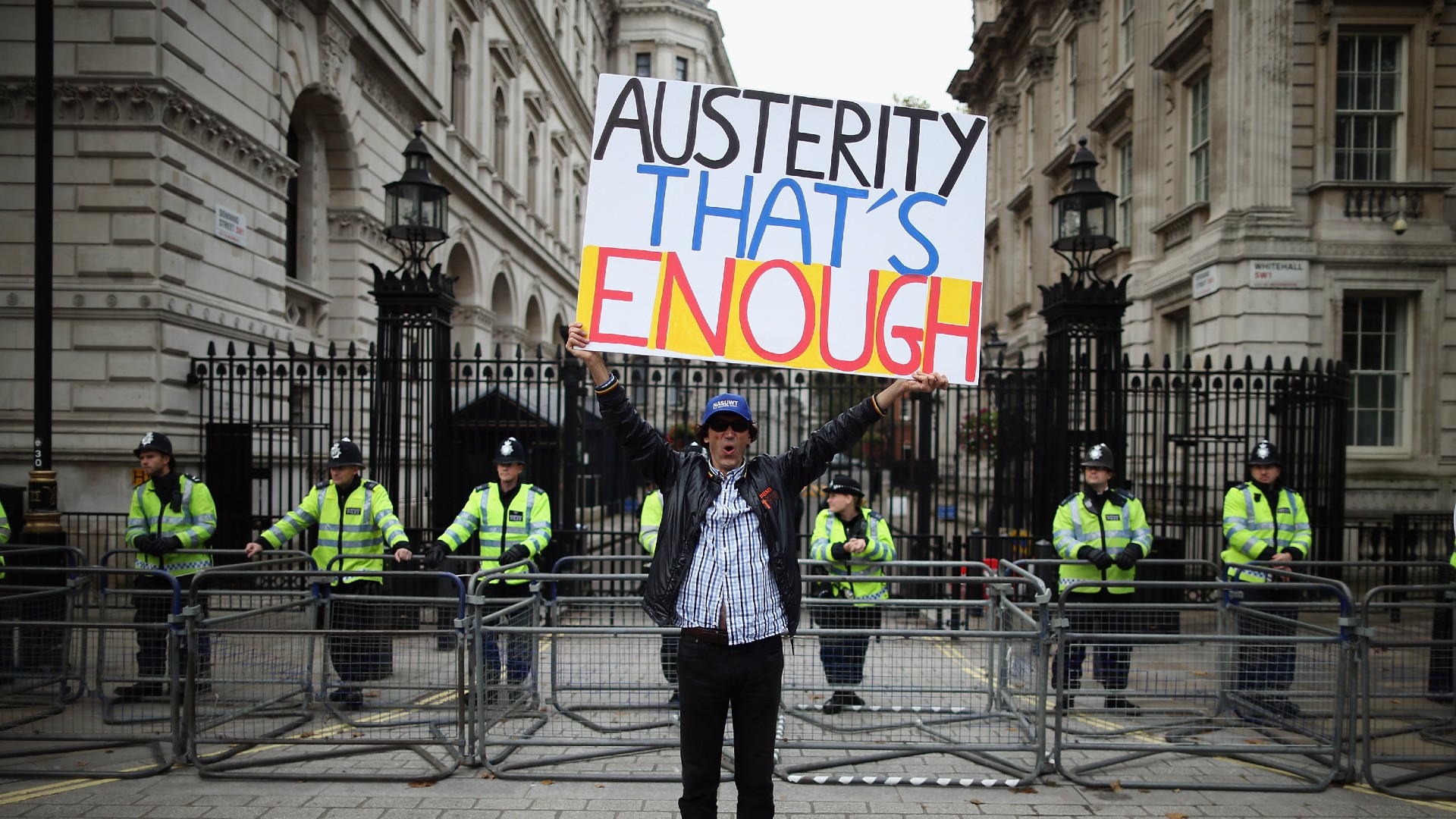 New austerity: can public services take any more cuts?
New austerity: can public services take any more cuts?Today's Big Question Some government departments already 'in last chance saloon', say unions, as Conservative tax-cutting plans 'hang in the balance'
-
 Would tax cuts benefit the UK economy?
Would tax cuts benefit the UK economy?Today's Big Question More money in people's pockets may help the Tories politically, but could harm efforts to keep inflation falling